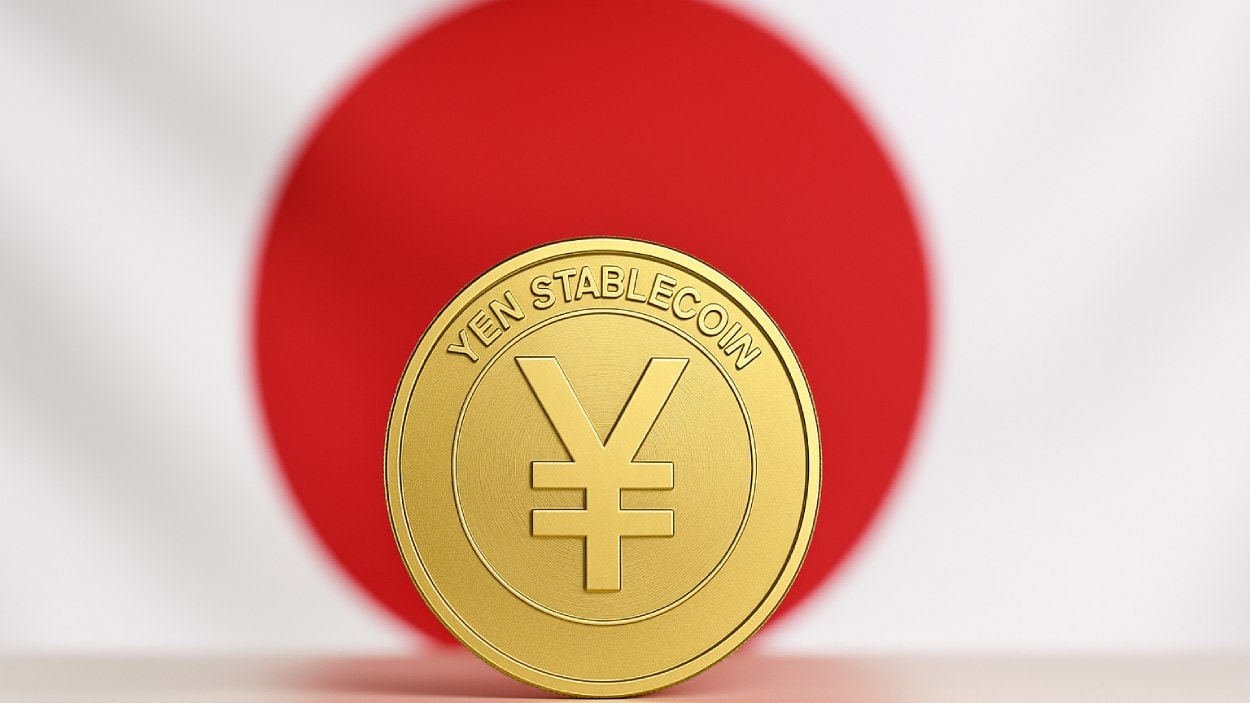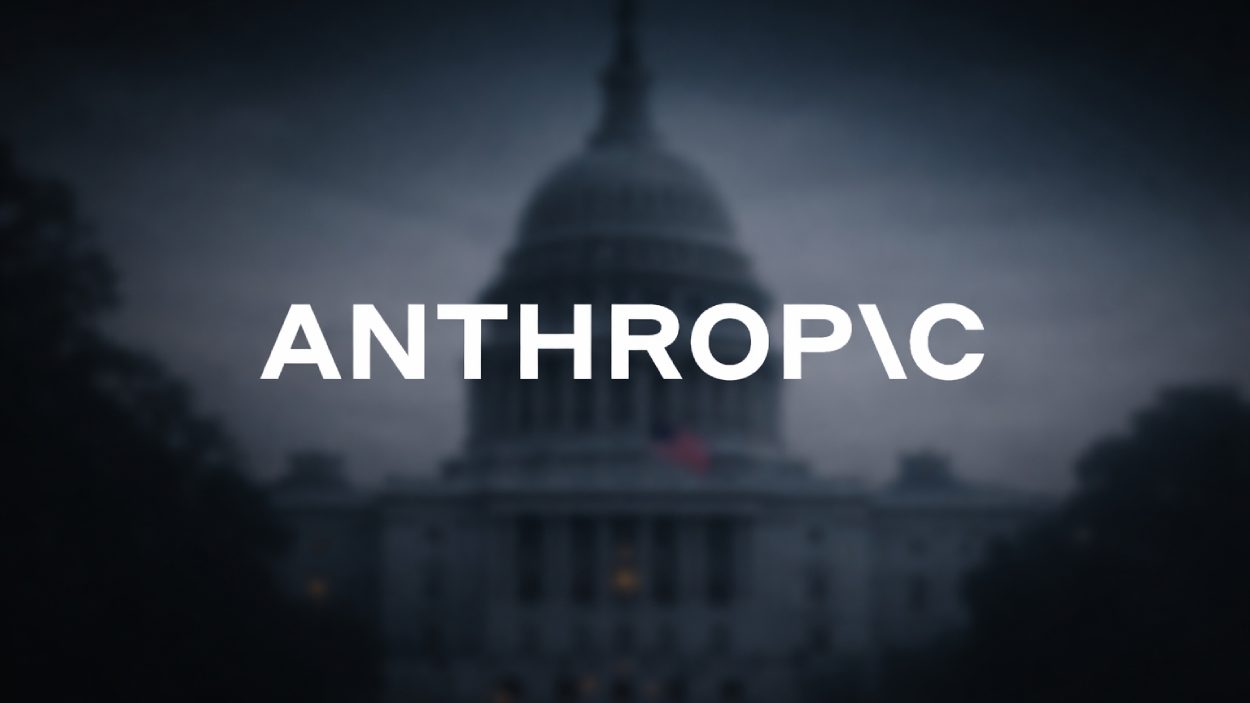Japan’s financial regulator has backed a major stablecoin pilot led by the country’s largest banks, aiming to modernize payments using blockchain.
Quick Summary – TLDR:
- Japan’s FSA has launched the Payment Innovation Project to support a stablecoin pilot by major banks including MUFG, SMBC, and Mizuho.
- The initiative will test the lawful issuance of yen-backed stablecoins under current financial regulations.
- The project uses MUFG’s Progmat platform and serves over 300,000 corporate clients.
- Results from the pilot will inform regulatory policy and be published by the FSA.
What Happened?
Japan’s Financial Services Agency (FSA) has officially thrown its support behind a new stablecoin initiative involving the country’s top banking groups. Through its new Payment Innovation Project (PIP), the FSA will oversee a pilot where yen-pegged stablecoins will be issued for payment use. This marks the first time the FSA is backing such a project through its fintech-focused experimental framework.
Japan’s Financial Services Agency has announced support for a pilot project in which MUFG, SMBC, and Mizuho will jointly issue a yen-backed stablecoin. As the first initiative under the Payment Innovation Project (PIP), the experiment aims to test the legal and operational…
— Wu Blockchain (@WuBlockchain) November 7, 2025
Japan’s Big Banks Unite for Stablecoin Pilot
The stablecoin pilot involves a consortium of Japan’s largest financial institutions, including:
- Mizuho Bank
- Mitsubishi UFJ Financial Group (MUFG)
- Sumitomo Mitsui Banking Corporation (SMBC)
- Mitsubishi Corporation and its financial division
- Progmat Inc., MUFG’s blockchain platform for issuing stablecoins
These institutions are collaborating to issue yen-backed stablecoins under strict regulatory oversight. The coins will be classified as electronic payment instruments, making them compliant with Japanese financial laws.
According to the FSA, the project will evaluate whether multiple banks can jointly issue stablecoins in a lawful and operationally sound manner. It also aims to enhance productivity, reduce transaction costs, and modernize settlement systems for Japan’s 300,000-plus corporate clients.
Payment Innovation Project: A Strategic Leap
The pilot operates under the newly launched Payment Innovation Project (PIP), which is a fresh initiative within the FSA’s FinTech Proof-of-Concept Hub, active since 2017. The agency sees this as a crucial step in pushing blockchain technology into practical financial use.
With this move, Japan is signaling a growing openness to integrating blockchain-based solutions into mainstream finance. The FSA said it would publish the results and any compliance issues identified during the pilot after its conclusion.
The project is set to begin issuing payment stablecoins this month, and will continue for an open-ended period. Participating firms must ensure that users are protected and fully informed about how these digital systems operate.
Crypto Regulation: Tighter Rules, Bigger Vision
This stablecoin pilot also arrives amid Japan’s broader push to refine its crypto regulations:
- The FSA is exploring updates to crypto lending rules, proposing to bring them under the Financial Instruments and Exchange Act.
- A cap on investments in Initial Exchange Offerings (IEOs) is being considered to prevent excessive speculation.
- The agency also plans to crack down on insider trading in crypto by empowering the Securities and Exchange Surveillance Commission to investigate and penalize illegal activity.
These shifts have already had an impact. For instance, crypto exchange Bybit paused new user registrations in Japan to align with the new rules.
SQ Magazine Takeaway
I think this is one of the most forward-thinking financial experiments Japan has launched in years. Watching MUFG, SMBC, and Mizuho work together, with full regulatory backing, to build a stablecoin payment system on blockchain is a big deal. It shows that Japan is not just regulating crypto, it’s actively shaping its future. If this pilot succeeds, it could completely change how businesses move money in Japan and maybe even influence global banking standards. I’m especially impressed by the transparency the FSA promising to publish the results tells me this isn’t just hype, it’s real work with real goals.


































































